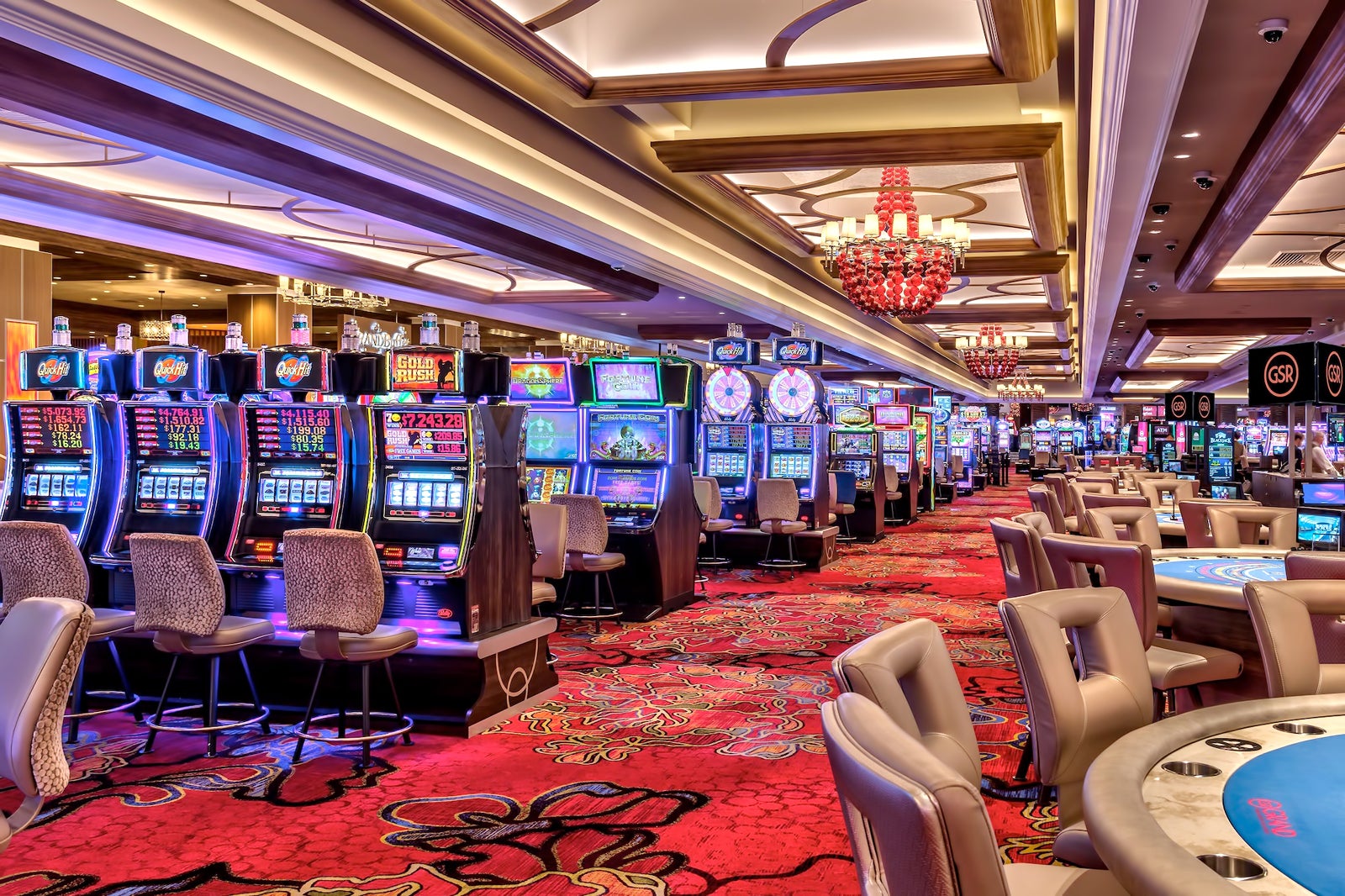
Casino gaming has long been a topic of fascination and controversy, drawing in millions of players around the world. With a mix of luck, strategy, and the thrill of uncertainty, casino games offer an exciting escape from everyday life. However, as entertainment becomes ever more accessible, it calls for a deeper examination of the morality surrounding these games.
At the heart of the discussion lies the issue of whether casinos promote responsible gaming or exploit at-risk individuals. The appeal of potential winnings versus the truth of losses can create a challenging situation, and understanding this balance is essential for both players and operators. As we delve into the ethics of casino gaming, we will explore the duties of casinos, the impact on society, and the measures that can be taken to foster a healthier gaming environment.
The Impact of Casino Gaming on Society
Gambling in casinos has a considerable influence on society, affecting not only the financial landscape but also social behaviors and community structures. The revenue generated from casinos can lead to employment opportunities and boost regional economies, as they provide numerous employment opportunities in multiple fields including food and beverage, entertainment, and retail. However, while the financial benefits can be significant, communities often grapple with the potential negative impacts that arise from increased gambling activity.
Additionally, the presence of casinos can lead to an increase in gambling addiction, presenting serious challenges for individuals and families. 58win The excitement of casino games can quickly transform into a compulsive habit, affecting personal relationships and leading to monetary issues. Many players may find it difficult with the loss of control over their gambling habits, resulting in a need for assistance programs and help to address this growing issue. The social cost of addiction can ripple through kinships and neighborhoods, creating an urgent need for responsible gaming initiatives.
In addition to the economic and social ramifications, casino gaming often reflects cultural attitudes towards uncertainty and leisure. It can encourage a sense of joy and leisure, attracting tourists and boosting tourism. However, this allure may also conceal the broader implications of gambling as a method of entertainment, provoking ethical questions about its promotion and availability. As communities weigh the benefits and disadvantages of casino gaming, the need for responsible practices and regulation becomes increasingly critical in ensuring that the positive aspects are maximized while reducing the potential harms.
Ethical Issues in Betting Activities
The ethics of gambling operations often revolve around the potential for addiction and its effects on people and families. Betting can lead to serious monetary distress, impacting not only the betters but also their loved ones. As individuals become caught in the appeal of winning, many lose sight of their budget, which can result in catastrophic outcomes such as insolvency. This raises ethical questions about the responsibility of casinos in fostering safe gaming habits and offering support for those who may be struggling with gambling addiction.
Another major concern is the promotion of betting to at-risk populations. Gambling establishments often aim at low-income individuals or communities with the offer of fast rewards, which can perpetuate patterns of financial struggle and hopelessness. In this situation, the morality of marketing strategies used by casinos come under scrutiny, as they may exploit the need of individuals seeking an escape from economic troubles. This manipulation raises ethical questions about the honesty of the betting industry and its obligation to safeguard its most at-risk patrons.
Additionally, the effect of gambling gaming on the community as a whole cannot be overlooked. While some argue that casinos create employment and stimulate local economies, others point to the community costs associated with problem betting, increased crime rates, and a burden on public services. Balancing economic benefits with the potential for community issues presents a challenging moral dilemma for policymakers and gambling operators alike. The difficulty lies in finding a responsible approach that takes into account the well-being of people and communities while still allowing for the enjoyment of casino activities.
Regulatory Structure and Responsibilities
The oversight system related to gambling games is developed to ensure equity, trustworthiness, and player protection. Different government agencies and gambling commissions establish and implement regulations that dictate how casino games function, the standards for game creation, and the processes for handling prizes. These regulations vary by region but commonly involve permit requirements for providers and rigorous measures to prevent fraud and scams.
In also to regulatory bodies, gambling operators bear major duty in maintaining principled standards within their facilities. They must implement ethical gambling practices that support participant safety and consciousness, including offering self-limitation options and offering information about the hazards associated with gaming. Establishments are also accountable for training staff to spot signs of problem betting and be aware of the appropriate steps to assist customers in distress.
Additionally, clarity in gambling operations is essential for gaining and maintaining public trust. Casinos should offer clear details about the probabilities of activities, promotional offers, and any associated risks. By fostering an atmosphere of honesty and responsibility, operators can help mitigate the likelihood negative impact of betting while enhancing the general gaming experience for all players.